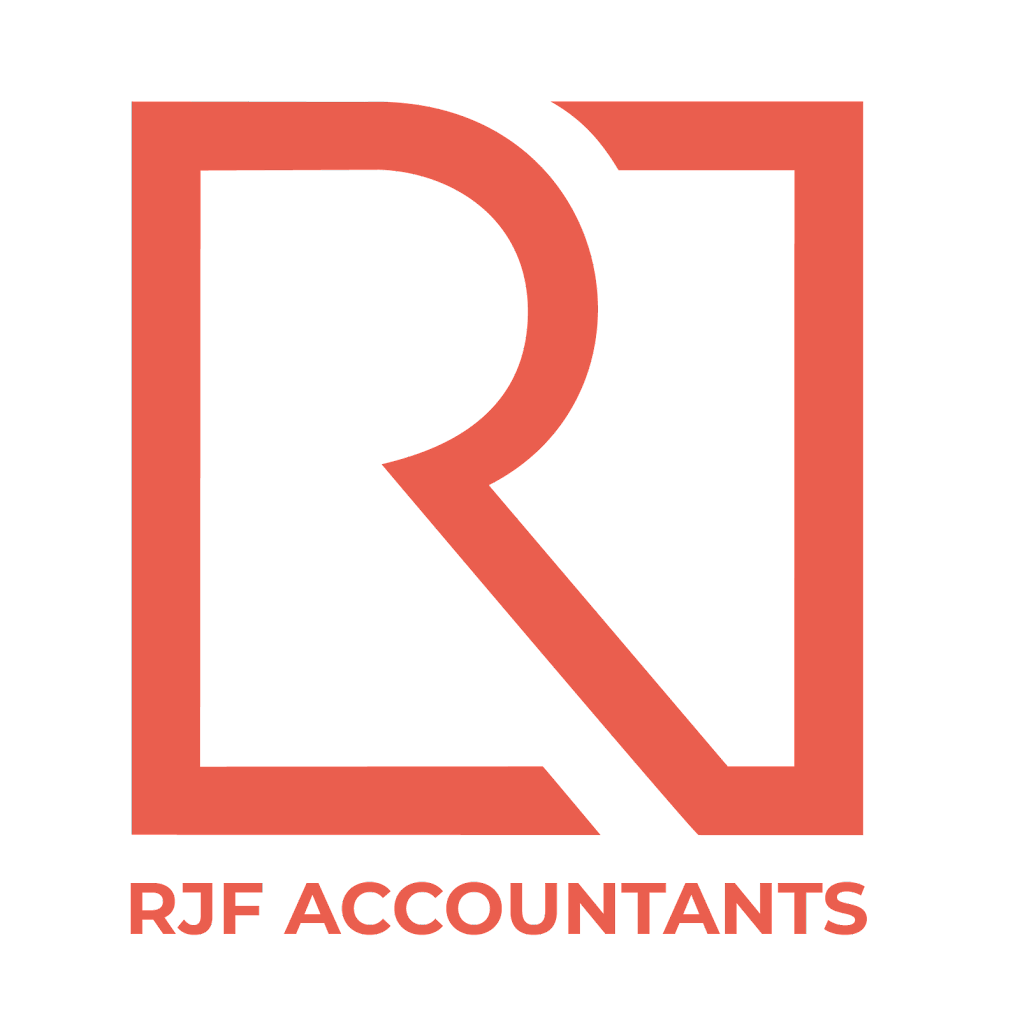If you are new to self-employment, you can quickly become overwhelmed with everything you need to do and when you need to do it. One of the most common questions we get asked here at RJF Accounting is what exactly is a self-assessment tax return? This blog will give you everything you need to know about a SATR when you need to complete it and why it is crucial to get it right!
Blog Contents:
showWhat Is a Self Assessment Tax Return?
A Self Assessment tax return calculates how much tax you owe from the earnings you have earned in the previous tax year. More accurately, it calculates if you need to pay tax or are due to get a tax rebate from HMRC.

Do I Need to Complete a Tax Return?
Anyone who is self-employed in any form will need to complete a SATR every year (with certain exceptions), and even if you are not self-employed, there could be circumstances under which you need to complete one. There are circumstances where you need to complete a SATR when you are not self-employed, such as:
- Work expenses: Having work expenses of over £2500 in any one tax year.
- UK landlord: Having rental income from a property will mean a tax return must be submitted telling the tax office your income.
- UK non-resident taxpayer: If you have income in the UK and pay tax, you will typically have to declare your income on a Self Assessment tax return.
- Earnings over £100k: If you are employed and earn over £100,000 a year, you will be required to complete a SATR.
- HMRC request one: HMRC will rarely request that you complete one randomly, but it can happen!
There are certain exemptions even if you are self-employed to completing a SATR – and the easiest way to check this is to use the HMRC tool, which allows you to check if you are required to do one. It can be found here.
How Do I Submit My Tax Return?
Submitting your SATR is all done digitally now and via your online portal with HMRC. Some accounting software can now do this on your behalf using your information.
How easy is it to complete one? In previous blog posts, we covered the importance of keeping good bookkeeping records and receipts. So depending, how well you did on those two aspects depends on how hard it will be to complete the return. It could be as simple as completing a few boxes and pressing send, or it could be days of sifting through a mountain of receipts, invoices and bank statements.
As much as this may come across as selling snake oil – the best way to submit your self-assessment tax return is to hire an accountant. We hear it all the time from clients who used online calculators or didn’t know about tax savings that could be had, that went on to save more than it costs to have one professionally done. Accountants know tax legislation, how it works, and how savings can be made while staying 100% compliant.
Hiring an accountant also ensures that you do not get into any issues with HMRC themselves by ensuring your expenses are in order and that you have not missed anything crucial that could lead to an HMRC audit.
What Are the Important Deadlines for Self Assessment?
Self-assessment tax returns are done following the tax year and in arrears. The tax year runs from the 6th April every year to the 5th April the following year. Any earnings and expenses are subject to a tax return due by 31st January the following year.
To simplify that a little further and provide an example:
Any earnings and any expenses incurred between 6th April 2020 and 5th April 2021 – need to be included on a SATR due to be filed by 31st January 2022. You can file your tax return any time after the end of each tax year, but it must be completed before 31st January each year unless HMRC advises so. As they did in 2022, where it was extended due to the global pandemic.
Other important dates:
- 31st July: Payments on account are due.
- 31st January: SATR filing deadline.
- 5th October: Self-Assessment tax registration deadline for the previous tax year.
Need Help With Your Self-Assessment Tax Return?
If you need help completing your self-assessment return, why not speak to us here at RJF? We have a fully qualified team of accountants who know what is required and what isn’t needed to get your SATR done and dusted quickly! We work with contractors, freelancers, company directors, sole traders and everything in between. Get in touch today if you need any advice or want to outsource your tax return and accounts.

